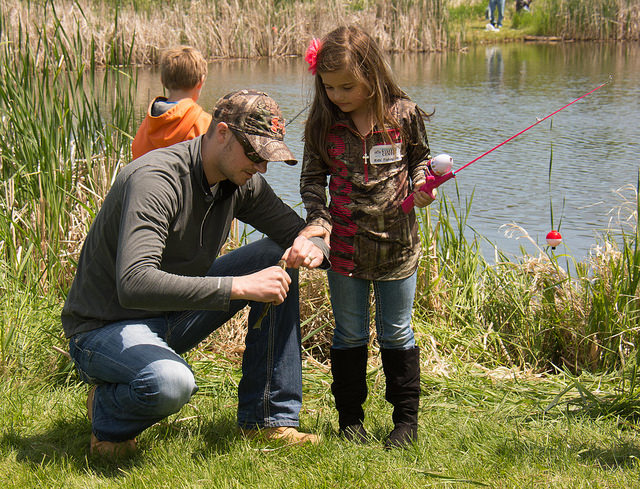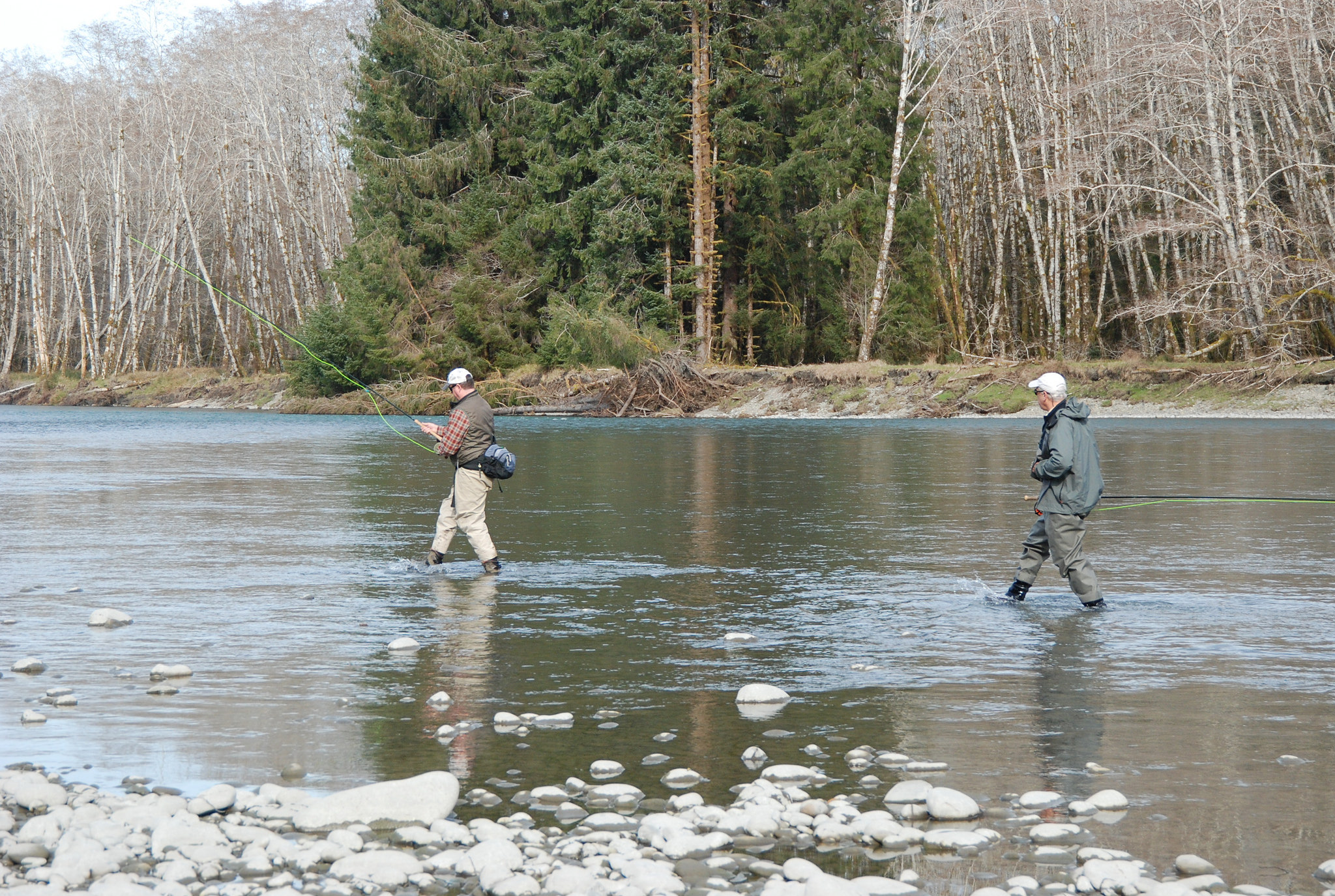Eating one meal of sport fish or game will likely not make people sick. However, consuming game and fish not sold in markets may have long-term health effects. So should those who enjoy sport fishing worry about toxic chemicals?
The chemicals found in sport fish and game are often persistent and bio accumulative. Although you may not see effects after eating it once, the chemicals will build up in your body and could show their negative side effects over time.
Chemicals often found in sport game and fish:
- Mercury, which can have adverse effects on the nervous system
- Lead, which can have adverse effects on physical growth and mental development of specifically children
- PCBs, which can have adverse effects on memory and learning ability
- Dioxins and furans, which can have adverse effects on skin and reproductive ability
- Cadmium, which can have adverse effects on kidneys, bones, and blood
At this point, you may saying “I’ve been eating sport game and fish all my life. And I’ve never gotten sick.” That’s true. Not everyone will be negatively affected or experience unpleasant side effects.
But some people will.
Because there is currently no way of keeping track of all the chemicals you’ve been exposed to during your life, and there is no way of knowing who might get sick from these chemicals, it is best for everyone to make good choices when it comes to eating fish.
Tips for healthy sport fish consumption, courtesy of the Department of Health:
- Avoid or eat less of fish that have been proven to contain higher mercury levels – largemouth and smallmouth bass, northern pike, pickerel, walleye, and larger yellow perch
- Avoid or eat less fish that have been proven to contain higher PCB and dioxin levels – American eel, bluefish, carp, lake trout, salmon, striped bass, weakfish, white and channel catfish, and white perch
- Properly skin and trim your catch to eliminate as much fat as possible (since that is where some of these chemicals reside)
- Avoid pan and deep frying and consuming cooking liquids
- Fish in freshwater

- Space out your fish meals to not overload your body with potential exposure to these chemicals
- Choose smaller, therefore younger, fish since they have had less time to accumulate contaminants in their bodies
- Keep harvested fish cold
- Wear gloves and wash hands & surfaces often when dealing with sport fish
- Consider “catch and release” fishing if want to completely eliminate risks of eating contaminated sport fish
Tips for healthy game consumption:
- Wash hands after loading lead bullets
- Never put lead sinkers in your mouth while reloading
- Do not handle or eat any game that appears sick, acts strangely, or is found dead
- Wear rubber or latex gloves when handling game
- Use separate dedicated knives for handling game
- Avoid handling brain and spinal tissues
- If you are not aware of the proper game handling procedures, have someone else process the meat
Even though men are the primary group that fish and game for sport, everyone is at risk. Pregnant women, nursing babies, and children are especially at risk and should follow safe eating guidelines set by their individual states.




